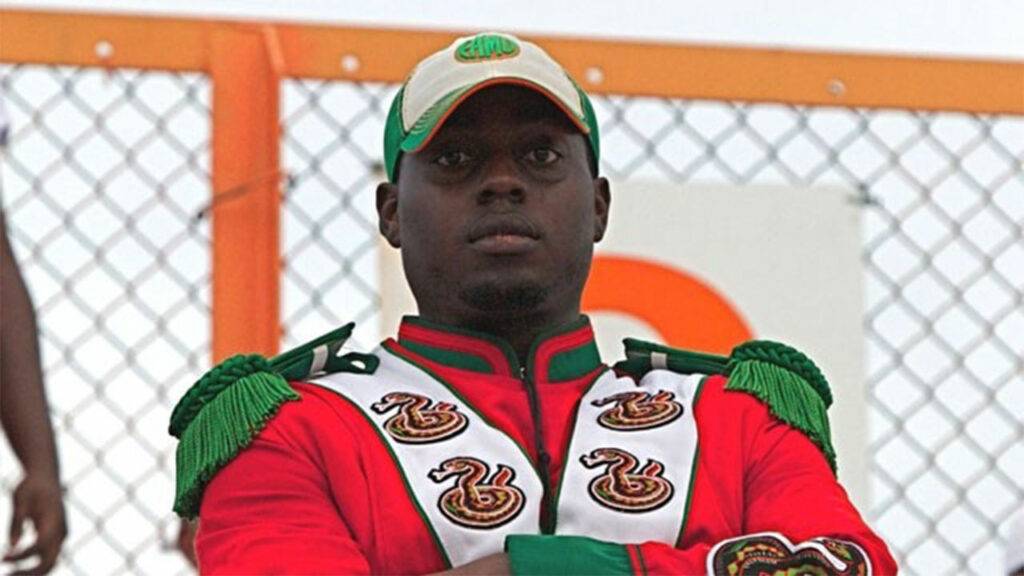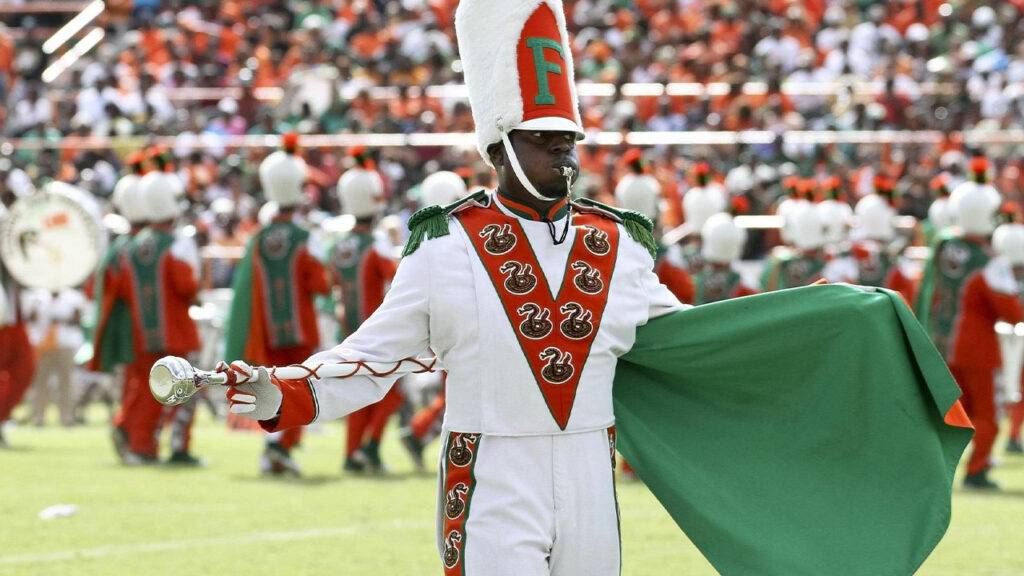In the world of college marching bands, few stories are as haunting as that of Robert Champion. A talented drum major for the Florida A&M marching band, he met an untimely and tragic end on November 19, 2011. But who was Robert Champion, and what led to his shocking demise?

Who Was Robert Champion?
The official synopsis sets the stage, revealing that Champion “suddenly dies in the back of the Florida A&M marching band bus, mystifying authorities.” The incident sparks an investigation that uncovers a dark secret within one of America’s premier marching bands.
What Happened to Robert Champion?
On that fateful day in 2011, Robert Champion became the victim of a brutal hazing ritual conducted by his fellow band members. the initial stages involved Champion feeling thirsty and tired, eventually losing his eyesight, and going into cardiac arrest. The Medical examiner’s office confirmed that the 26-year-old “collapsed and died within an hour of a hazing incident,” suffering from “multiple blunt trauma blows to his body.”
The hazing process, as described by witnesses, included the “hot seat,” where Champion was pummeled with fists and bass drum mallets. The ordeal continued with the “cross over,” involving punches, drumstick beatings, and more. Shockingly, a female band member reportedly held Champion back to prolong the beatings.
Robert Champion Cause of Death
According to Source, once Champion collapsed into a seat, a band member jumped up and down on him for about 15 seconds. Despite his complaints of thirst and fatigue, the beating persisted until he ultimately collapsed and died within an hour.
The Source reported that Champion’s death resulted from “blunt force trauma,” causing hemorrhaging and leaving deep bruises on various parts of his body. The victim’s parents believe that Champion faced such brutality for speaking out against the band’s hazing culture and also endured bullying for being gay.

Legal Consequences and Convictions
The aftermath of Robert Champion’s tragic death saw legal actions against those involved in the hazing. According to Source, multiple band members faced charges, including felony hazing and misdemeanor hazing. Three defendants stood trial, resulting in convictions, while others received probation.
Three individuals, namely Benjamin McNamee, Darryl Cearnel, and Aaron Golson stood trial in April 2015 and were convicted of manslaughter and hazing. They received 10 years of supervised probation.
Notably, Dante Martin considered the ringleader, received a prison sentence of six-and-a-half years in January 2015. Two former band members, Jessie Baskin and Caleb Jackson, pleaded no contest to manslaughter, with Baskin receiving 51 weeks in county jail and Jackson receiving 48 months. Several others accepted plea deals in exchange for probation.
Legacy and Revisiting the Tragedy
The repercussions of Robert Champion’s death extended beyond legal consequences. In the wake of the incident, FAMU suspended their renowned band, Marching 100, and ousted their longtime director.
As the documentary Murder Under the Friday Night Lights revisits Robert Champion’s tragic death on February 7, 2024, it serves as a stark reminder of the consequences of hazing within the world of college marching bands. Champion’s story sheds light on the need for awareness, prevention, and accountability to ensure the safety and well-being of students participating in extracurricular activities.


